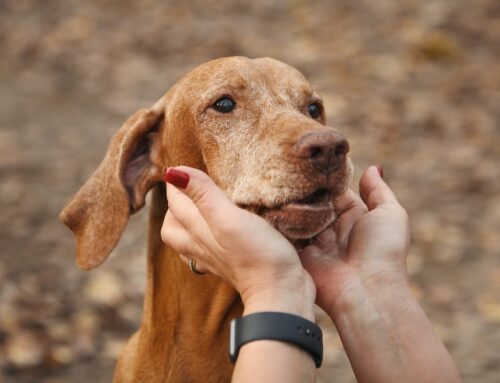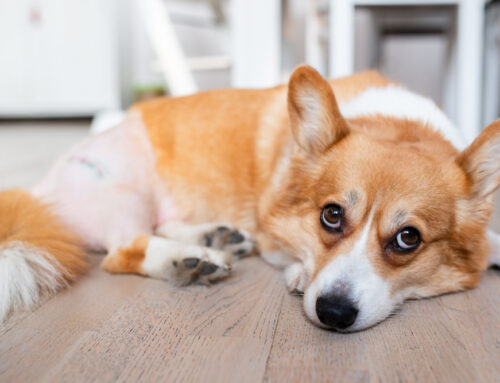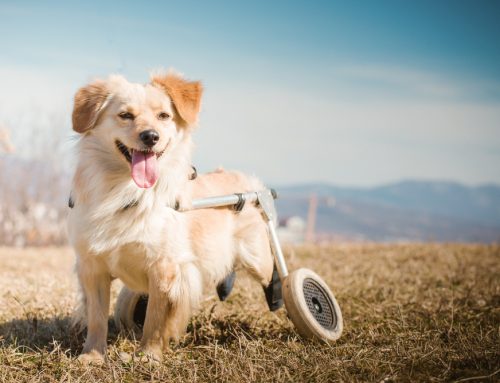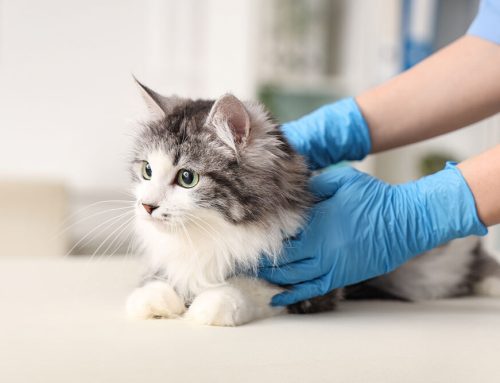Holiday Safety Tips for Pets
The holiday season is a time of celebration and joy, filled with gatherings, decorations, and festive foods. For pet owners, however, this season also brings unique challenges and potential risks for their animal friends.
- Plants: Festive plants such as poinsettias, mistletoe, and holly are often used as decorations but can be toxic to pets if ingested. Poinsettias, while not highly toxic, can cause mild stomach irritation. Mistletoe and holly, however, can lead to more severe symptoms like vomiting, diarrhea, and even cardiovascular issues.
- Decorations: Shiny tinsel and attractive ornaments can be irresistible to curious pets. If ingested, tinsel can cause intestinal blockages, while broken ornaments can lead to cuts or internal injuries. Electrical cords from holiday lights pose a risk of electrocution if chewed.
- Foods: Many holiday foods are toxic to pets, including chocolate, xylitol (commonly found in sugar-free products), grapes, raisins, onions, and garlic. Chocolate contains theobromine, which can cause severe symptoms such as seizures, heart problems, and even death in dogs. Xylitol can lead to rapid insulin release, resulting in hypoglycemia and liver failure.
Medical Perspective
From a veterinary standpoint, the ingestion of these hazardous items can lead to both acute and long-term health issues. Acute symptoms might include gastrointestinal distress, such as vomiting or diarrhea, which can quickly progress to more serious conditions like pancreatitis or organ damage if not treated promptly. Long-term consequences of untreated ingestion can include chronic digestive issues or even irreversible organ damage.
Symptoms to Watch For
Recognizing the signs of distress in your pet after ingestion of a harmful substance is crucial for timely intervention:
- Vomiting and Diarrhea: These are often the first indicators of a problem and should not be ignored.
- Lethargy and Abnormal Behavior: Changes in energy levels or unusual behavior can signal internal distress.
- Difficulty Breathing: This is a critical symptom that requires immediate veterinary attention.
- Seizures or Tremors: These are severe symptoms indicating neurological involvement.
Veterinary Diagnosis and Treatment:
Upon suspecting ingestion of a toxic substance, immediate veterinary assessment is essential. Diagnostics may include blood tests, imaging, or endoscopy to determine the extent of the issue. Treatment can range from inducing vomiting and administering activated charcoal to hospitalization for intravenous fluids and supportive care. Early intervention often results in favorable outcomes, while delays can lead to more severe complications.
Preventive Measures to Keep Your Pets Safe:
Preventing accidents is always preferable to treating them. Here are some detailed strategies:
- Secure Decorations: Place decorations out of reach, and securely fasten Christmas trees to prevent tipping. Consider using pet-safe alternatives for tinsel and ornaments.
- Supervise Your Pets: Be vigilant when pets are around holiday decorations, plants, and foods. Consider setting up baby gates or using pet playpens to restrict access to certain areas of the home.
- Training: Reinforce commands like “leave it” or “drop it” to deter pets from chewing on dangerous items. Positive reinforcement techniques can be effective in modifying behavior.
- Create a Safe Space: With increased noise and visitors, pets can become stressed. Set up a quiet room with their bed, toys, and water, where they can retreat from the chaos.
Home Care Tips:

Pet owners can take proactive steps at home to minimize risks. Regularly inspect the house for potential hazards, especially if you have guests who may not be aware of what’s dangerous for pets. Educate family members and visitors about the importance of keeping foods and decorations out of reach.
How Homestead Animal Hospital Can Help:
At Homestead Animal Hospital, we are dedicated to supporting your pet’s health and safety throughout the holiday season and beyond. Our comprehensive services include:
- Emergency Services: We provide immediate care for any accidents or ingestion of hazardous substances during our business hours. Learn more about the symptoms that require emergency care.
- Wellness Checks: Schedule a pre-holiday exam to ensure your pet is in optimal health before the festivities begin. Our wellness services focus on preventive care, safeguarding your pet from potential health issues.
- Expert Advice and Support: Our skilled team is available to offer personalized advice on holiday safety and any other concerns you may have. We encourage you to contact us with any questions or to schedule a check-up.
Ensuring the safety of your pets during the holidays is essential for a joyous and worry-free season. By being aware of the potential hazards, recognizing signs of distress, and implementing preventive measures, you can protect your pets from harm. At Homestead Animal Hospital, we are here to assist you with any concerns and provide expert care when needed.
For more detailed information on holiday pet safety, please refer to the ASPCA’s holiday safety tips and the AVMA holiday pet safety guidelines.
















Leave A Comment